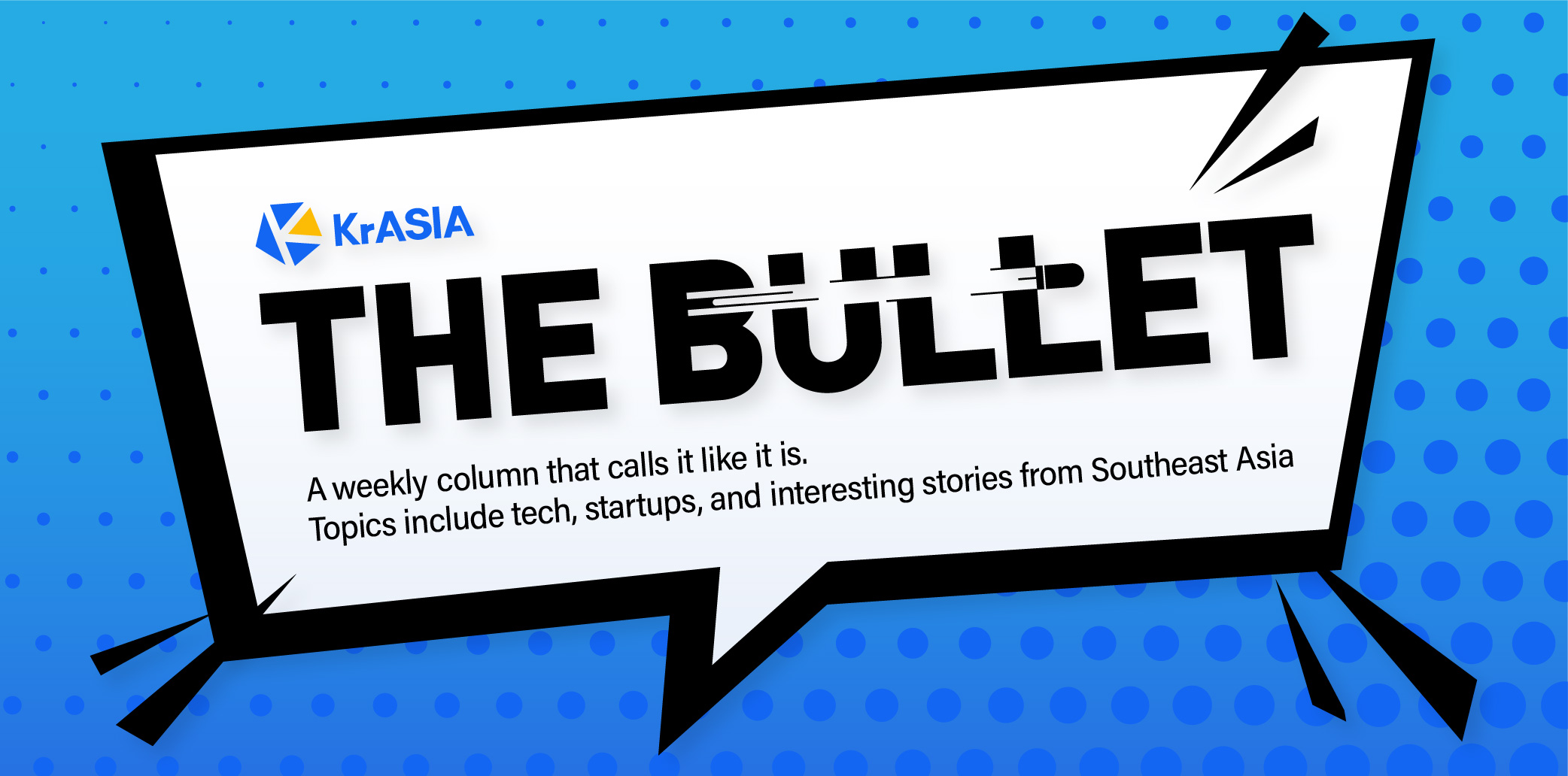Blockchain technology, a source of both praise and criticism, has become a defining aspect of our digital landscape. Despite its association with NFTs featuring cartoon animals and crypto enthusiasts, the potential of blockchain remains largely untapped. As a complex and captivating innovation, it is time for us to take a closer look at its possibilities and push beyond the shallow interpretations that have so far defined its image.
Have you ever wondered what keeps a supply chain running smoothly or how financial transactions can be secure and transparent at the same time? The answer is simple: blockchain technology. This revolutionary tool is making waves in Southeast Asia, and its potential uses are only limited by the imagination.
Think of blockchain technology as a digital ledger, where every transaction is recorded and verified by multiple parties. It’s like a chain of blocks that cannot be broken or tampered with, making it the perfect solution for secure transactions.
One of the most exciting applications of blockchain technology in Southeast Asia is in the realm of supply chain management. By using blockchain, companies can create a secure, decentralized ledger that tracks the movement of goods from manufacturer to retailer, providing increased visibility and transparency. This helps to reduce the risk of fraud, improve efficiency, and increase consumer trust.
For example, in Singapore, a company called Fishcoin is using blockchain technology to create a secure and transparent supply chain platform for the seafood industry. By using blockchain, Fishcoin helps to increase the transparency and traceability of seafood products, making it easier for consumers to know where their food comes from and ensuring that it was sourced in a sustainable and ethical manner.
Another area where blockchain technology is making a splash in Southeast Asia is in financial services. From remittances to lending, blockchain is helping to increase access to financial services and reduce the cost and time required to complete transactions.
For example, in the Philippines, a company called Coins.ph is using blockchain technology to create a platform for remittances and financial services. Coins.ph helps increase financial inclusion by allowing people to easily and securely send money to friends and family, as well as access other financial services such as bill payments and mobile top-ups. This helps to reduce the costs associated with traditional remittances, making it easier and more affordable for people to access financial services.
Honorable Mentions
Although no practical steps have been taken yet, Laos signed a Memorandum of Understanding in June 2018 between the Lina Network and the Ministry of Science and Technology of Laos for the deployment of digital identity using blockchain, which would allow Lao citizens access to various public services.
Stateless Rohingya, who fled Myanmar during the refugee crisis, are set to receive digital identity cards using blockchain technology in a pilot project seeking to help them access services like banking and education.
Of course, like any new technology, blockchain is not without its challenges. One of the biggest obstacles to the widespread adoption of blockchain in Southeast Asia is the lack of regulatory clarity. Many governments in the region are still working to understand the implications of blockchain and develop a clear regulatory framework, which can make it difficult for companies to implement blockchain solutions.
However, despite these challenges, the potential benefits of blockchain technology are simply too great to ignore. By increasing efficiency, reducing costs, and providing increased security and transparency, blockchain has the potential to transform the way we do business in Southeast Asia and beyond. Blockchain is more than just a buzzword; it’s a tool that has the power to transform industries and improve the lives of millions of people. The future is bright, and the possibilities are endless.
All opinions expressed in this piece are the writer’s own and do not represent the views of KrASIA. Questions, concerns, or fun facts can be sent to [email protected].

